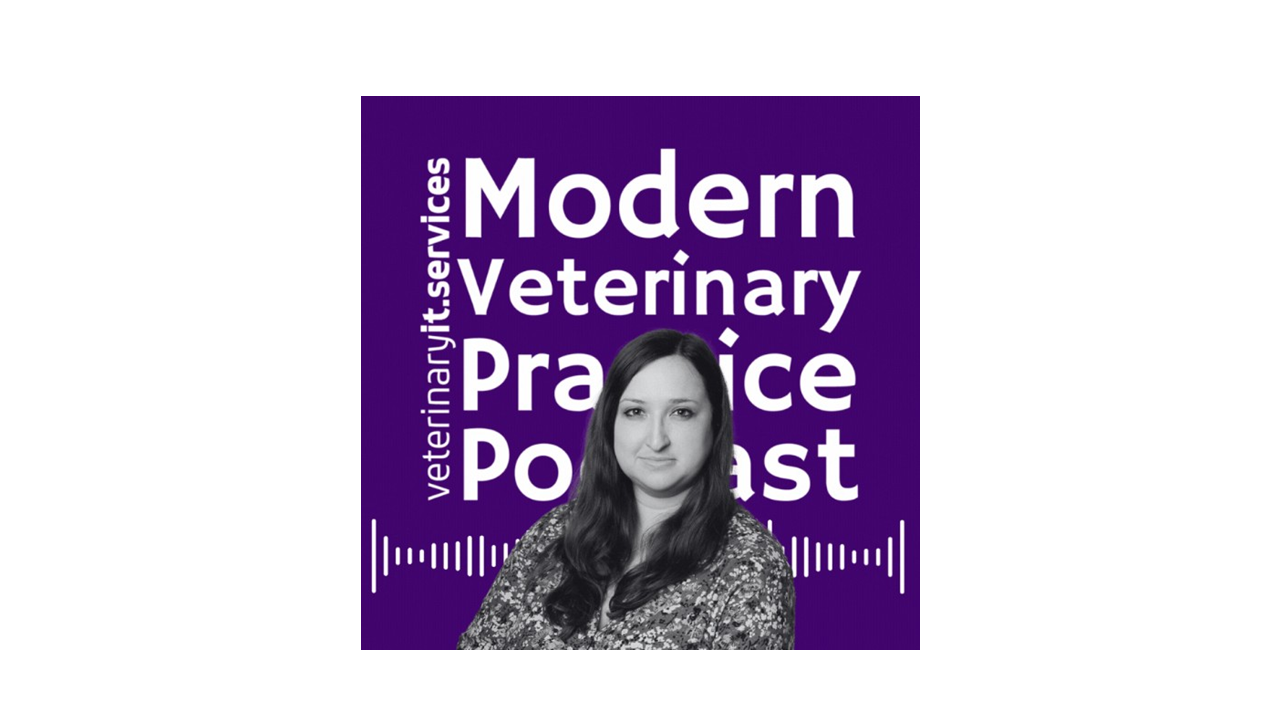
In a groundbreaking development, Ripple has expanded its capabilities to intervene with harmful online searches related to a broader range of mental health conditions and life challenges.
Previously focused exclusively on crisis-level searches related to suicide and self-harm, Ripple now extends its support to individuals facing various challenges that are closely linked to suicidal ideation.
Comprehensive support for multiple vulnerable groups
The expanded capabilities enable Ripple to intercept harmful searches associated with:
- Substance misuse
- Gambling addictions
- Financial struggles
- Eating disorders
- Domestic abuse
- LGBTIQA+ struggles
- Divorce and separation
- Military to civilian transition
When users conduct harmful searches related to these conditions and challenges, Ripple will redirect them to 24/7 helplines and support services tailored to their needs, providing timely intervention and assistance.
By intercepting harmful searches across a broader spectrum of conditions, Ripple aims to connect more people with appropriate support before they reach a crisis point.
Evidence-based approach to suicide prevention
To enable this expansion, over the past year Ripple has collaborated with more than 30 Advisory Board members, each specialising in different aspects of mental health. Their expertise and lived experience have been instrumental in guiding the development of Ripple's technology, ensuring it aligns with industry standards, regulations, and requirements.
The new development is grounded in data highlighting the strong correlations between these mental health conditions and life struggles and suicidal ideation, for example:
- People with substance abuse are up to 14 times more likely to die by suicide. (Wilcox HC, Conner KR, Caine ED, et al)
- People with problem debt are 3 times more likely to have had recent suicidal thoughts (Money & Mental Health); problem gamblers at 15 times higher risk of suicide (Lund University).
- One in eight (13%) adults experienced suicidal thoughts or feelings because of concerns about their body image. (Mental Health Foundation, 2019)
- Approximately 9% of all people with eating disorders report having serious thoughts of attempting suicide (Borges G, et al., 2010)
- People who were sexually abused as a child were 3 times more likely to try to take their own lives. (Psychological Medicine, 2018)
- LGBTQ+ young people are more than 4 times as likely to attempt suicide than their peers (Johns et al., 2019; Johns et al., 2020).
See Ripple’s expanded protection in action - watch our video:
Implementation for organisations
The extended protection will be implemented through a controlled rollout.
- The new categories are currently available to Ripple customers within the business, education and public sectors.
- Existing customers can opt-in to enable additional categories for all users free of charge. For implementation instructions, please contact us at: info@ripplesuiciderprevention.com.
- New customers will have options discussed during consultation.
- Rollout to individual Ripple users will be considered at a later stage.
Expanding our impact
Through this comprehensive approach and invaluable input from our Advisory Boards, Ripple is now positioned to support a significantly higher volume of individuals experiencing various mental health conditions and life challenges.
This expansion represents a crucial step forward in our mission to provide timely, relevant support to those in need, potentially preventing crises before they escalate.
Our Sponsors and Supporters

















